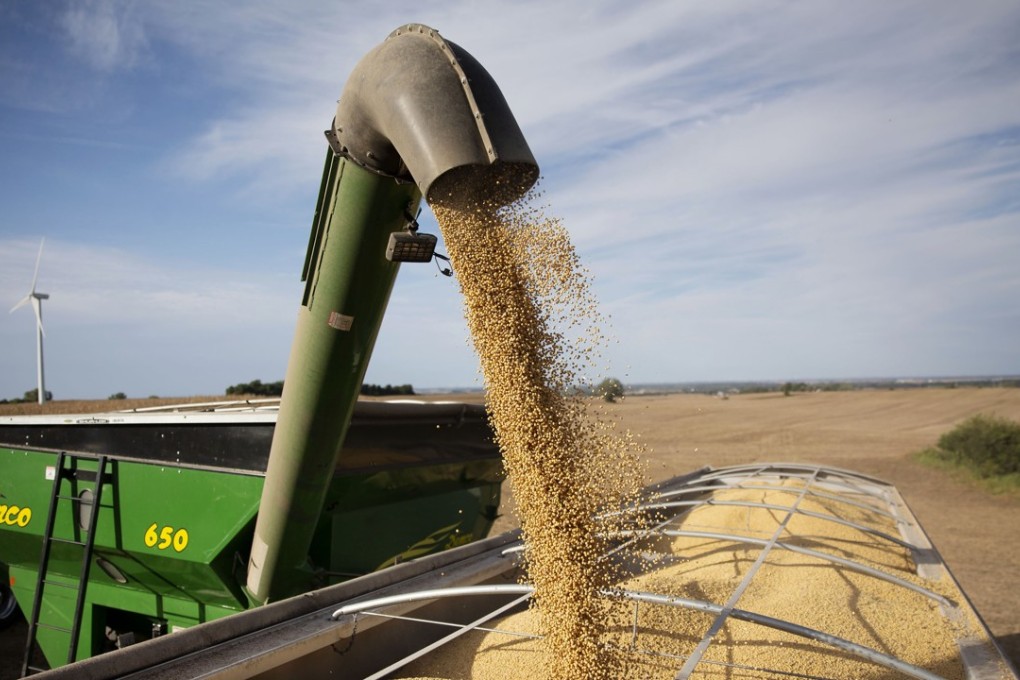Whether it’s after the midterm elections or later, the US will eventually realise it can’t beat China in the trade war
- David Brown says China has too many economic weapons for the US to prevail in the trade war
- America’s growing budget deficits and trade gaps are getting worse not better, complicating its policy choices

China and the United States will end up even more at odds and global political harmony will be badly damaged. Still, even dark clouds have silver linings and there are good reasons why China should take heart rather than sink into despair.
The odds are that China will ultimately win this war and US President Donald Trump will end up a spent force. It is not just the upcoming midterm elections which matter – and Trump will probably be mortally wounded – but the fact Beijing holds all the key economic cards.
Watch: US-China trade war – day 105 and counting
China’s solid external position, its pivotal US Treasury holdings and plentiful policy options to fall back on give Beijing a strong hand over the US. If China plays its cards right, it can call Trump’s bluff.
Trump is turning a blind eye now, but at some stage markets will bite back and it will mean growing pressure on US bond yields, swap and credit spreads, and deepening uncertainty for world financial stability. It simply boils down to who blinks first.

